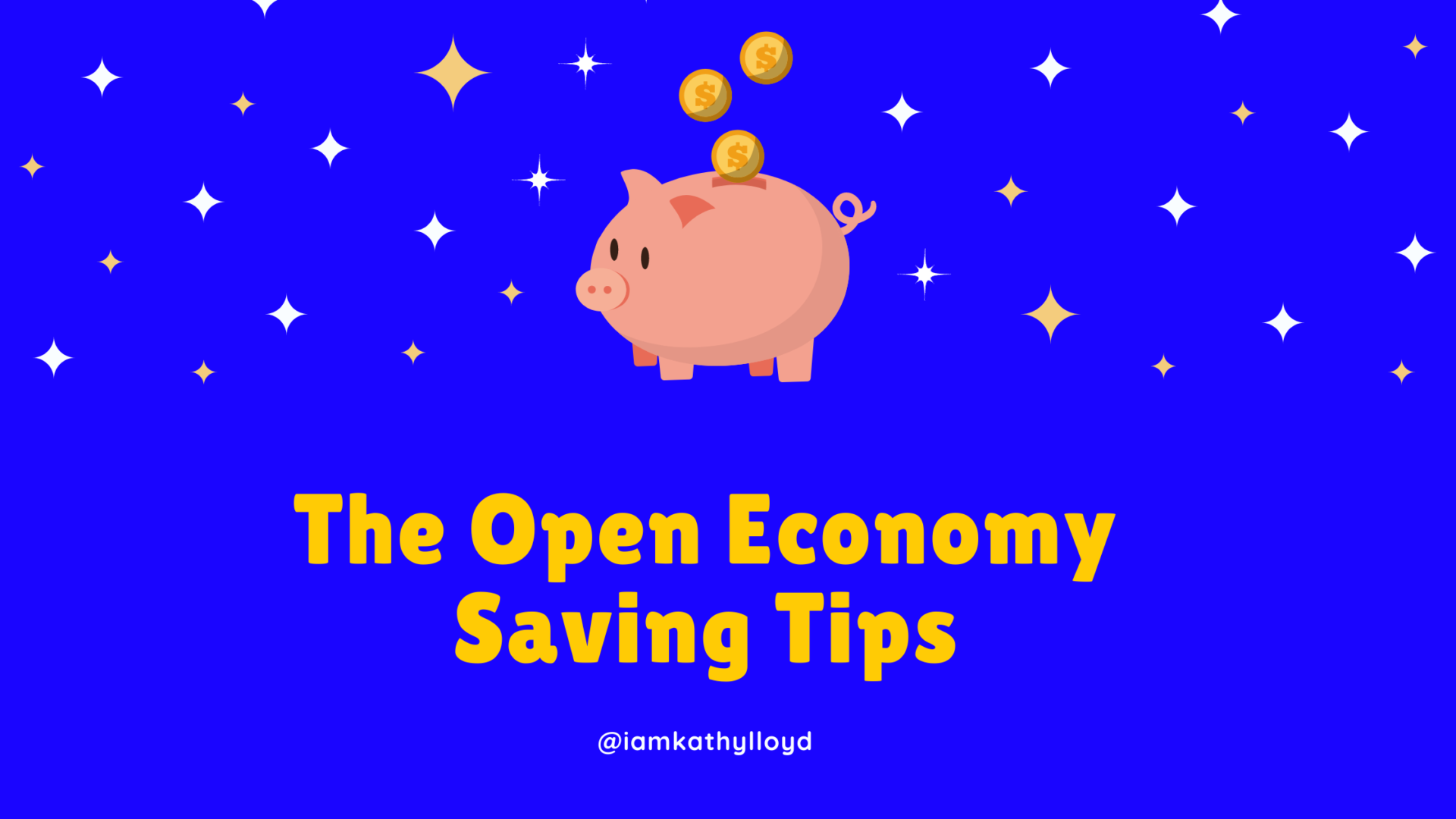The economy in the Bahamas is now more open after weeks of lockdowns due to the pandemic. As we are able to move about more and engage in more activities there are some financial habits that we have learned or must learn in order to maintain our economic stance as individuals, families and communities.
The OPEN ECONOMY SAVING TIPS that I wish to share with you are as follows;
- Remember Your Pandemic Skills
Over the past few months many of us have had to make changes in the way we handle our finances. Whether it was because of job loss, temporary business closure, or uncertainty of the future, we had to adjust. These adjustments occurred in areas such as car fuel usage and grocery shopping just to name a few.
Now that businesses are opening we will be tempted to “return to normal’ in terms of spending and may attempt to make up for lost time. I encourage not to do this, but instead lean onto the positive financial habits you have created over these months. Continue to plan your driving trips to avoid unnecessary fuel usage or watch the grocery list more carefully. Although these actions were done out of current necessity, analyze the changes they have made in your financial habits and circumstances, and apply them to your daily financial strategies.
- Fight the Food Frenzy
During the lockdown periods there was a huge amount of activity in the area of grocery shopping. While some people became more careful with the money they spent in grocery stores, others were stock piling (even on produce items). To add to this, fast food and higher end restaurants are now open.
We’ve all missed the taste of our favorite burger and the foodie in me also wants to get to the Greek and Asian restaurants that I’ve missed out on. However, must be prudent in the way dive back into our food purchases. Evaluate how much it takes to feed your household on a weekly and monthly basis. If you are unsure, you need to start budgeting and tracking this expense. Also, think about whether the money you are spending on fast food would be better used towards groceries when it comes to quantity and quality of food. Whatever final decisions you make, your grocery shopping and restaurant experiences should be a part of your budget.
- Identify the Necessities First
Some days we spend money and can’t recall what we spent it on. It all adds up and we literally have nothing left to show for it.Before the month/week begins think and talk about what is NECESSARY for your household to make it through that period.If money must be spent on these items, determine how much. This does not include the treats for the kids or the jewelry piece you promised to buy yourself. While these things can be budgeted, you’re going to start with the things that absolutely can not be left out.This makes it easier to track your cost of living and make adjustments where necessary. It also allows you to see what room you have left for the “fun” things.
Note: Survival and basic comfort can be fun!
- Adjust Your Savings To Your Current Income
Your income is the greatest asset in your financial journey and saving is a skill that is necessary to withstand times such as this.Many people have went through income changes due to the pandemic.
Now that the economy is opening again persons will get new jobs, go back to their previous jobs, or still be unemployed.
For some saving will be very little as you just return to work. For others, saving was not a part of your financial habits and you now know how important it is.Don’t stress out if you’re unable to save as much as before. Don’t stress out if you’re just starting.Begin with what you have right now and make plans to increase your income if necessary.
Each household will have a savings plan that is unique to them. There may be some standards such as saving 10% of your income. This can be a great place to start, but does not work for everyone. The good news is this can be figured out and I am here to help.
- Get Others Involved & Share Your Success Story
Your ability to stay true to your savings goals will also involve those around you.
If you’re not alone in your household, you will have to consider the contributions or lack thereof from the other members.
If you have kids I encourage you to get them involved so that they understand financial concepts and the importance of saving.
You don’t have to share your financial goals and strategies with persons outside of your household. However, you may have to verbalize some financial boundaries. This makes it easier for you to maintain your good financial habits around those who are not currently in the same financial space as you are. You may have to make a general statement letting your lunch buddy at work know that you’ll only be purchasing food on Fridays, or you can only do happy hour once per month. This sets a reasonable expectation that can be respected.
Now that everyone is involved at their appropriate levels, stick to what you’ve committed to and get it done. Share your success stories and the failures that you’ve encountered along the way.The goal is to get you and the people around you into good saving habits to assist in creating financially free lives.
If you have implemented any of these strategies over the past months, or are just starting to, I look forward to hearing your success stories. If you have a current saving strategy that is working for you feel free to share it in the comments.
If you don’t know where to start and need some assistance, message me at kathy@iamkathylloyd.com or click here to book a free financial coaching consultation.
